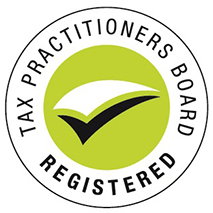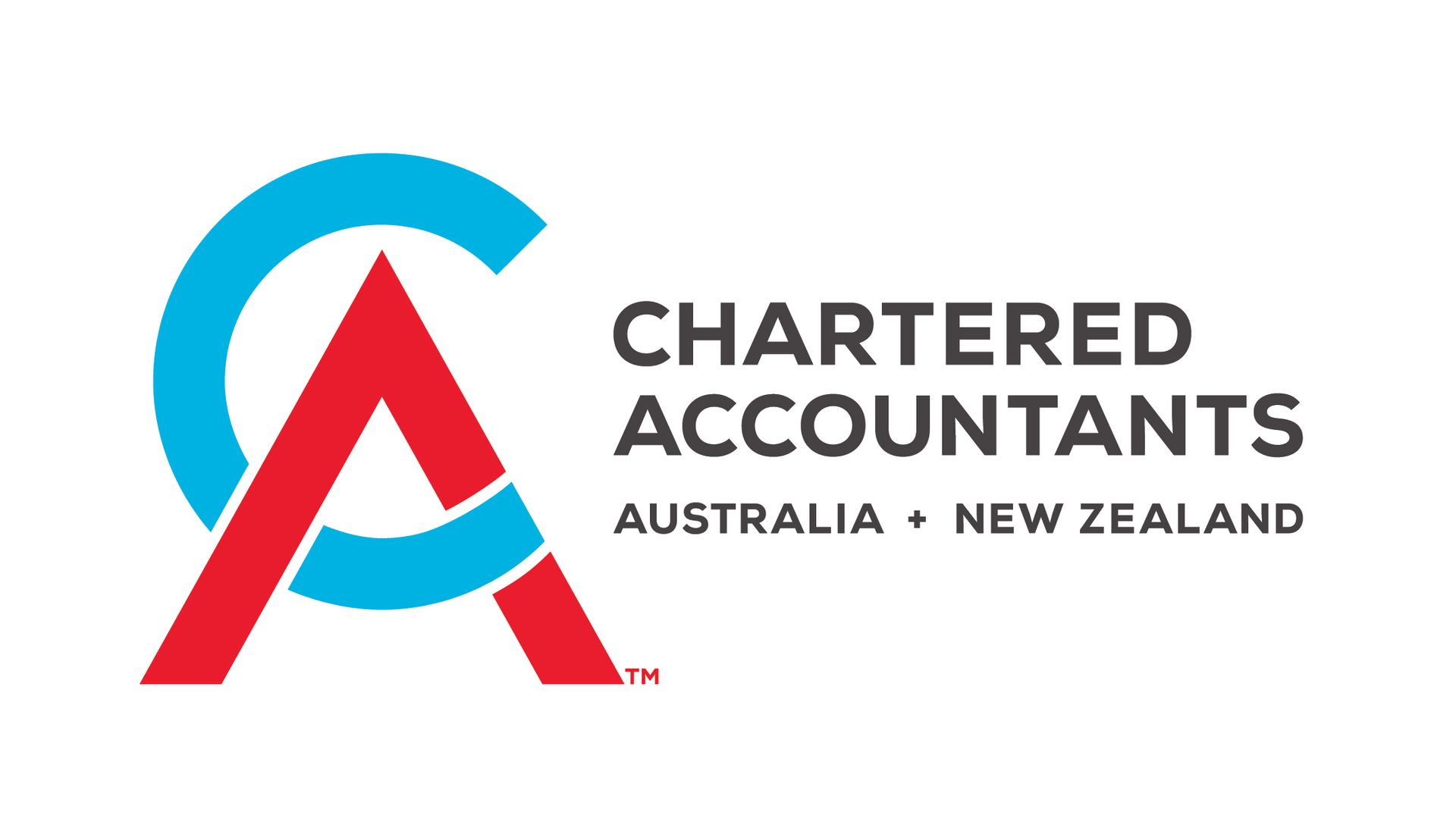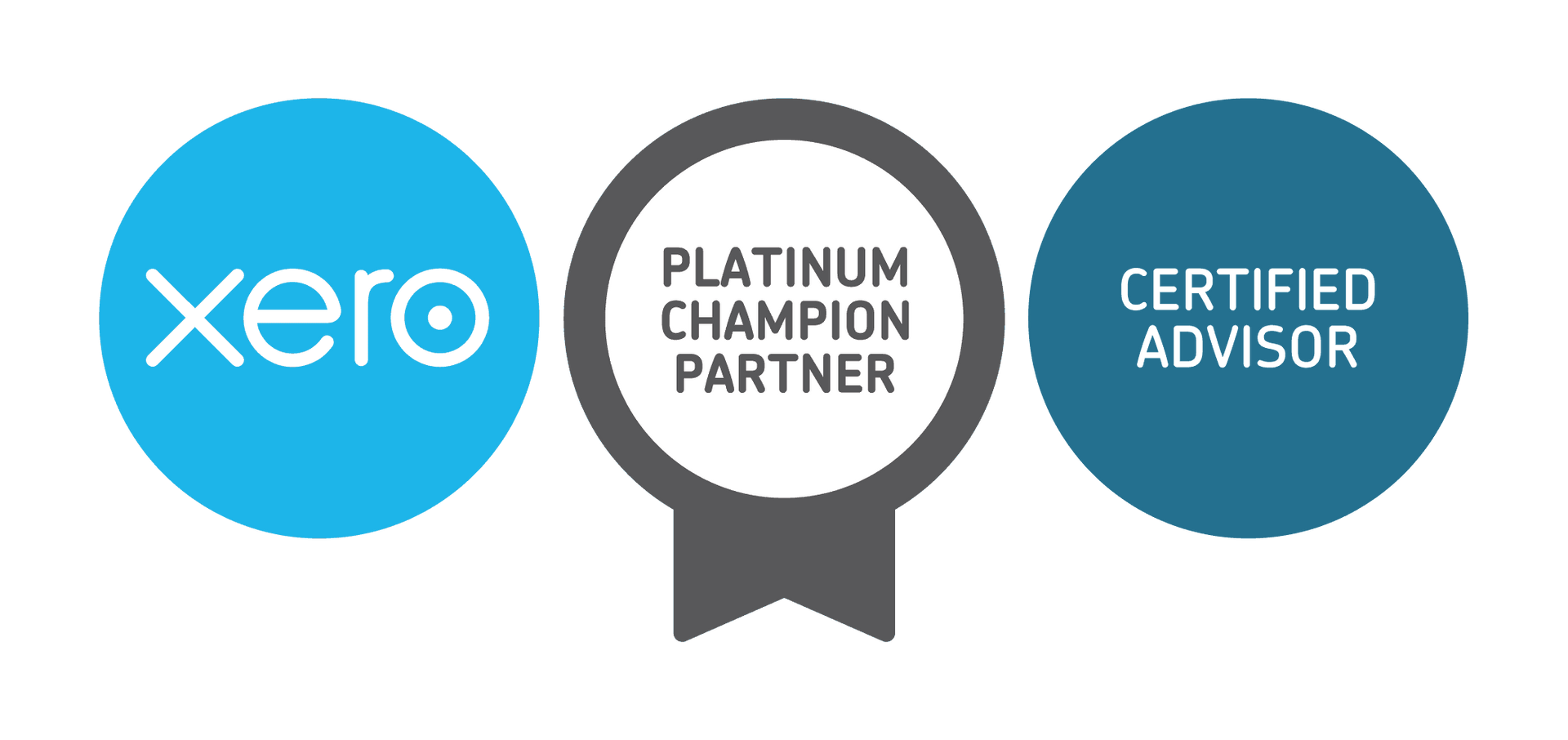Eight quick wins for managing debt

Managing debt can often feel overwhelming but there are several strategies you can implement to make the process more manageable and even accelerate your journey to becoming debt free. Here are some quick wins that can help you take control of your finances and reduce your debt more effectively.
Remember, the key is to stay motivated and consistent with your efforts. Every small step you take brings you closer to financial freedom.
1. Change your repayments from monthly to fortnightly
One simple yet effective strategy to save money is to change your repayment schedule from monthly to fortnightly. By doing this, you end up making an extra month’s worth of payments each year. Here’s how it works: there are 26 fortnights in a year, so if you pay half of your monthly repayment every two weeks, you make 13 full payments instead of 12. This can significantly reduce the interest you pay over the life of the loan and help you pay off your debt faster.
2. Attach an offset account to your mortgage
If you have a mortgage, consider attaching an offset account to it. An offset account is a transaction account linked to your mortgage and the balance in this account is offset against your mortgage balance when interest is calculated. For example, if you have a $300,000 mortgage and $20,000 in your offset account, you’ll only be charged interest on $280,000. This can reduce the amount of interest you pay and help you pay off your mortgage sooner.
3. Target the smallest debt first
While it might seem logical to target the highest interest rate debt first, focusing on the smallest debt can provide a psychological boost and help you stay motivated. This approach is known as the “debt snowball” method. By paying off the smallest debt first, you achieve a quick win, which can give you the momentum to tackle larger debts. Once the smallest debt is paid off, you can use the amount you were paying on that debt to make extra payments on the next smallest debt and so on. This method can help you see progress more quickly and keep you motivated to continue paying off your debts.
4. Seek a second job or side hustle
If possible, consider taking on a second job or side hustle to increase your income. The additional income can be used to make extra payments on your debts, helping you pay them off faster. There are many options for side hustles, such as freelancing, gig economy jobs or selling items you no longer need. Even a small amount of extra income can make a significant difference in reducing your debt.
5. Create a budget and stick to it
Creating a budget is a crucial step in managing debt. A budget helps you track your income and expenses, identify areas where you can cut back and allocate more money towards debt repayment. Start by listing all your sources of income and all your expenses. Categorise your expenses into fixed (e.g. rent, utilities) and variable (e.g. groceries, entertainment). Look for areas where you can reduce spending and redirect those funds towards paying off your debts. Sticking to your budget can help you stay on track and make steady progress towards becoming debt free.
6. Negotiate with creditors
Don’t be afraid to reach out to your creditors/lenders/banks to negotiate better terms. Many creditors/lenders/banks are willing to work with you if you’re struggling to make payments. You might be able to negotiate a lower interest rate, a reduced payment plan or even a settlement for less than the full amount owed. It’s always worth asking, as any reduction in your debt or interest rate can help you pay off your debts more quickly.
7. Use windfalls wisely
If you receive any unexpected windfalls, such as a tax refund, bonus or inheritance, consider using that money to pay down your debts. While it might be tempting to spend it on something fun, using windfalls to reduce your debt can have a long-term, positive impact on your financial health. Every extra payment you make reduces the amount of interest you pay and brings you closer to being debt free.
8. Avoid taking on new debt
Finally, while you’re working on paying off your existing debts, it’s important to avoid taking on new debt. This means being mindful of your spending and avoiding unnecessary purchases. If you must use credit, try to pay off the balance in full each month to avoid accruing interest. By focusing on paying down your current debts and avoiding new ones, you’ll be able to make more progress towards your financial goals.
Source: Money & Life













